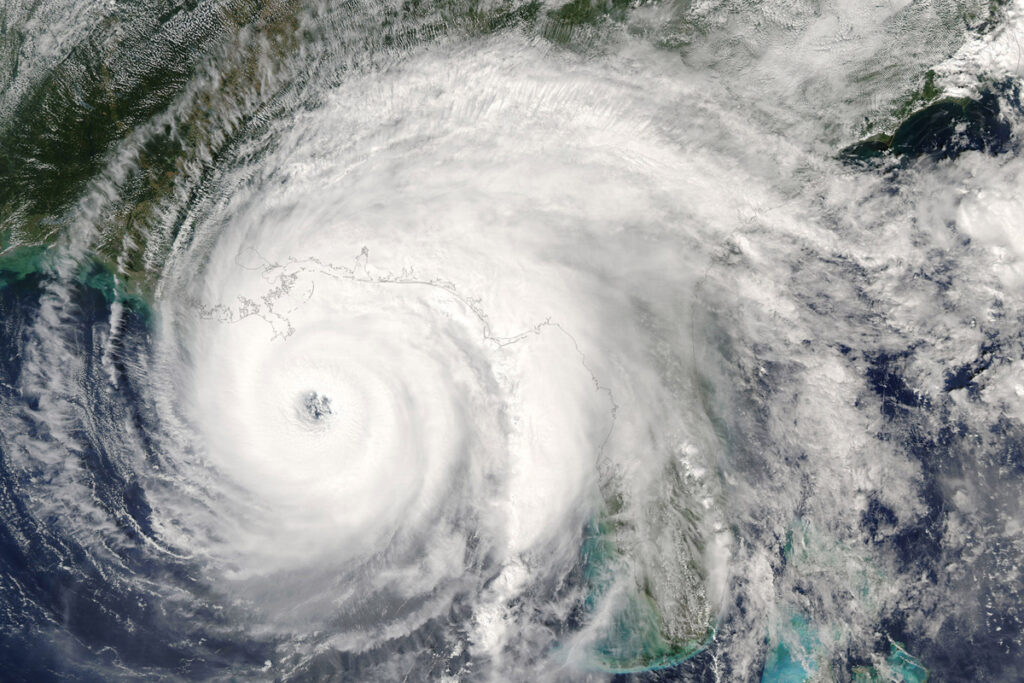Nation Races to Reopen Roads and Reach Survivors
Jamaica is mounting a massive recovery effort after Hurricane Melissa — the strongest storm ever recorded to hit the country — tore through the Caribbean earlier this week. The Category 5 hurricane, with winds reaching 185 mph, left behind catastrophic flooding, flattened homes, and widespread power outages before moving north toward Bermuda.
Transport minister Daryl Vaz described the situation as “enormous devastation,” with large parts of the southwest submerged and cut off. Rescue teams and military units are now working around the clock to clear roads and restore access to isolated towns. Kingston, the capital, escaped the worst damage, allowing Norman Manley International Airport to reopen for emergency aid flights.
Officials said convoys carrying food, fuel, and medical supplies have begun reaching the most affected parishes, including St. Elizabeth and Manchester, where flooding and landslides have wiped out entire neighborhoods. “We are prioritizing access to the hardest-hit communities,” Vaz said. “The goal is to get every road open and every person accounted for.”
Thousands Displaced, Billions in Damage
Melissa struck Jamaica on Tuesday with unprecedented force, marking the country’s first direct hit by a storm of such magnitude since recordkeeping began in 1851. The hurricane’s path across the island caused billions of dollars in estimated damage, destroying infrastructure, uprooting crops, and displacing thousands of residents.
Accurate forecasts and early evacuation orders helped limit casualties, though at least four deaths were confirmed by Thursday. Authorities credited public shelters and pre-positioned aid supplies for preventing a far greater loss of life.
International assistance has started arriving. The British government announced it has chartered special flights to evacuate British nationals stranded on the island. “We are coordinating with Jamaican authorities to support recovery and ensure the safe return of affected citizens,” the UK Foreign Office said.
Regional Impact Across the Caribbean
The storm’s destruction extended well beyond Jamaica. In Haiti, severe flooding killed 25 people, including 10 children, after rivers burst their banks. “It is a sad moment for the country,” said Laurent Saint-Cyr, head of Haiti’s transitional presidential council. Many rural communities remain unreachable due to washed-out roads and collapsed bridges.
In eastern Cuba, about 735,000 people were evacuated before the storm’s arrival. By Thursday, officials in Santiago de Cuba were still assessing the damage. Early images showed streets littered with debris and power lines strewn across entire neighborhoods. Residents in El Cobre reported that dozens of homes had been flattened.
The Bahamas also faced major disruptions as Melissa passed through earlier this week. The government evacuated nearly 1,500 residents from low-lying islands in one of its largest airlift operations to date.
Storm Heads Toward Bermuda
Though weakened, Melissa remains a dangerous system. As of Thursday evening, the U.S. National Hurricane Center reported sustained winds near 105 mph, classifying it as a Category 2 hurricane. The eye of the storm was roughly 700 miles southwest of Bermuda, where residents are bracing for its arrival. Authorities there have issued hurricane warnings and urged people to secure property and prepare for power outages.
Meteorologists expect the storm to lose strength by Friday as it moves over cooler waters, but its outer bands could still bring heavy rainfall and coastal flooding.
A Test of Resilience
For Jamaica, the focus now turns from survival to rebuilding. Government officials estimate that recovery could take months, particularly in rural areas where infrastructure was already fragile. The scale of the disaster has renewed calls for stronger coastal defenses and climate adaptation measures as warming oceans contribute to more frequent and intense storms.
“The science is clear — our region is on the front lines of climate change,” Vaz said. “What we’ve seen from Melissa is unlike anything in our history. But Jamaicans are resilient people. We will rebuild.”


